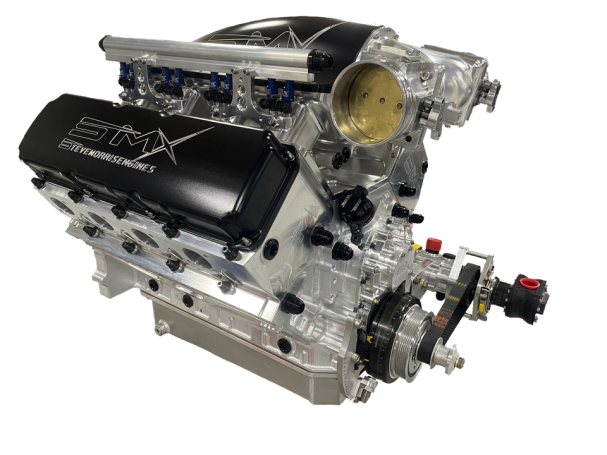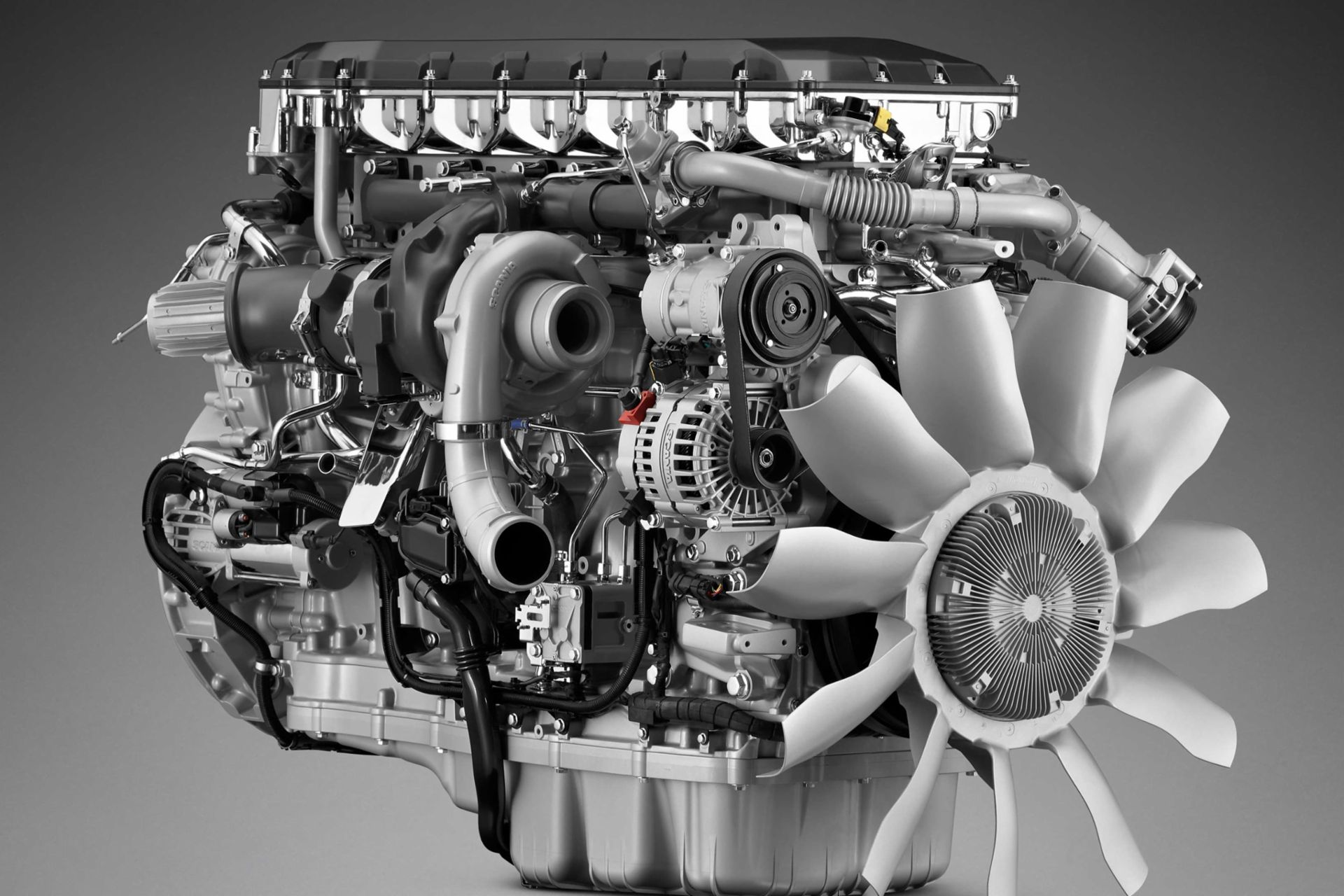Why Pick Engines For Africa for Reliable Motors
Discover a Wide Range of Engines for Every Vehicle and Function
The automotive landscape is significantly intricate, with a varied selection of engine types created to satisfy particular efficiency and performance requirements throughout numerous lorry groups. Furthermore, heavy-duty engines serve the requirements of work cars, while environment-friendly choices are gaining grip in the pursuit of lasting transportation.
Types of Automotive Engines
Automotive engines can be classified into a number of unique kinds, each created to fulfill specific efficiency and performance needs. One of the most common groups include interior combustion engines, electrical engines, and hybrid systems.

Electric engines, on the other hand, operate electric power stored in batteries, supplying instant torque and no discharges. These engines are becoming significantly popular because of innovations in battery technology and the growing focus on sustainability.
Hybrid systems combine both interior combustion and electrical engines, making it possible for vehicles to enhance gas performance and decrease emissions by perfectly switching in between power sources. Each engine kind offers its downsides and advantages, affecting aspects such as car design, planned usage, and market demand. Comprehending these differences is crucial for suppliers and customers alike when choosing the proper engine for their details needs.
Efficiency Engines for Sports Cars
Performance engines for cars are particularly engineered to supply improved agility, rate, and power, setting them apart from typical auto engines. These engines usually use innovative innovations such as turbocharging, supercharging, and variable valve timing to make best use of efficiency and responsiveness.
Usually, performance engines are designed with greater compression ratios, which allow for greater power removal from fuel. This results in impressive horsepower and torque numbers, enabling rapid velocity and higher full throttle. In addition, the light-weight products used in these engines, such as aluminum and carbon fiber, add to minimized general automobile weight, boosting handling and maneuverability.
Engine setups like V6, V8, and also hybrid systems are common in efficiency sporting activities cars, each offering special advantages in terms of power delivery and driving characteristics. The adjusting of these engines is likewise vital; lots of makers maximize the engine monitoring systems to give an exciting driving experience, usually including sport settings that readjust throttle reaction and equipment changes.
Effective Engines for Daily Commuters
In the world of everyday travelling, effective engines play an important role in optimizing fuel economic climate and reducing discharges while providing dependable efficiency. As metropolitan populaces grow and ecological issues intensify, the demand for cars furnished with effective powertrains has surged.
Modern engines developed for daily travelers typically include innovations such as turbocharging, direct gas injection, and crossbreed systems. Turbocharging enhances engine effectiveness forcibly even more air right into the combustion chamber, permitting smaller, lighter engines that do not jeopardize power outcome. Direct fuel shot boosts fuel atomization, leading to More Bonuses far better burning and raised efficiency.
Crossbreed engines, integrating interior combustion with electrical power, more increase fuel economic situation, especially in stop-and-go traffic, where traditional engines can experience from inadequacies. Electric motors help during acceleration and can operate separately at low speeds, minimizing total fuel usage.
Moreover, innovations in Extra resources engine management systems and lightweight materials add considerably to effective engine style. By focusing on efficiency, durability, and environmental sustainability, makers continue to supply engines that not only meet the needs of day-to-day travelling but likewise straighten with global efforts to decrease carbon impacts.
Heavy-Duty Engines for Work Autos
Heavy-duty engines for job vehicles are regularly engineered to deliver phenomenal torque and reliability under requiring problems. These engines are designed to carry out in settings where typical engines might falter, such as construction websites, logging procedures, and agricultural setups. The main focus of sturdy engines is their capability to produce high degrees of power while preserving sturdiness over expanded periods of procedure.
Usually, heavy-duty engines utilize sophisticated materials and durable building strategies to withstand the roughness of hefty work. Features such as enhanced cyndrical tube blocks, enhanced cooling systems, and progressed fuel injection technologies add to their efficiency. These engines usually run at lower RPMs, which helps to optimize gas efficiency while giving the required power for towing and transporting.
In addition to mechanical robustness, heavy-duty engines are typically geared up with advanced electronic control systems (ECUs) that manage efficiency, exhausts, and diagnostics. This integration enables far better monitoring and maintenance, guaranteeing that work vehicles remain operational and efficient.
Ultimately, durable engines are a necessary element in the performance of different markets, giving the needed power and reliability to tackle the hardest of tasks.
Eco-Friendly Engine Options
The growing focus on sustainability has actually brought about the development of environmentally friendly engine options that focus on decreased exhausts and improved fuel efficiency. These engines are developed to lessen the ecological influence of lorries while still supplying the performance and integrity anticipated by consumers.
Among one of the most significant environment-friendly options are hybrid and electric engines. Crossbreed engines integrate traditional internal combustion engines with electric propulsion, permitting for decreased fuel intake and lower greenhouse gas emissions. Electric engines, have a peek at these guys on the other hand, run totally on battery power, creating absolutely no tailpipe emissions and adding to cleaner air top quality.
One more appealing development is the development of biofuel engines, which make use of renewable energies, such as plant materials, to power vehicles (Engines For Africa). By utilizing biofuels, these engines can lower reliance on nonrenewable fuel sources and lower total carbon footprints

As the automotive sector advances, environmentally friendly engine choices will play an essential function in driving the transition in the direction of even more lasting transportation remedies.
Conclusion
The automotive industry uses a varied range of engines developed to satisfy numerous lorry requirements and objectives. From high-performance engines that improve sports auto capabilities to effective designs prioritizing gas economy for day-to-day commuters, each type serves a certain feature. Sturdy engines satisfy durable job automobiles, while environmentally friendly options, such as electrical and biofuel engines, promote sustainable transportation. This thorough range makes sure that all driving requirements are attended to, adding to improvements in automobile modern technology and ecological stewardship.
